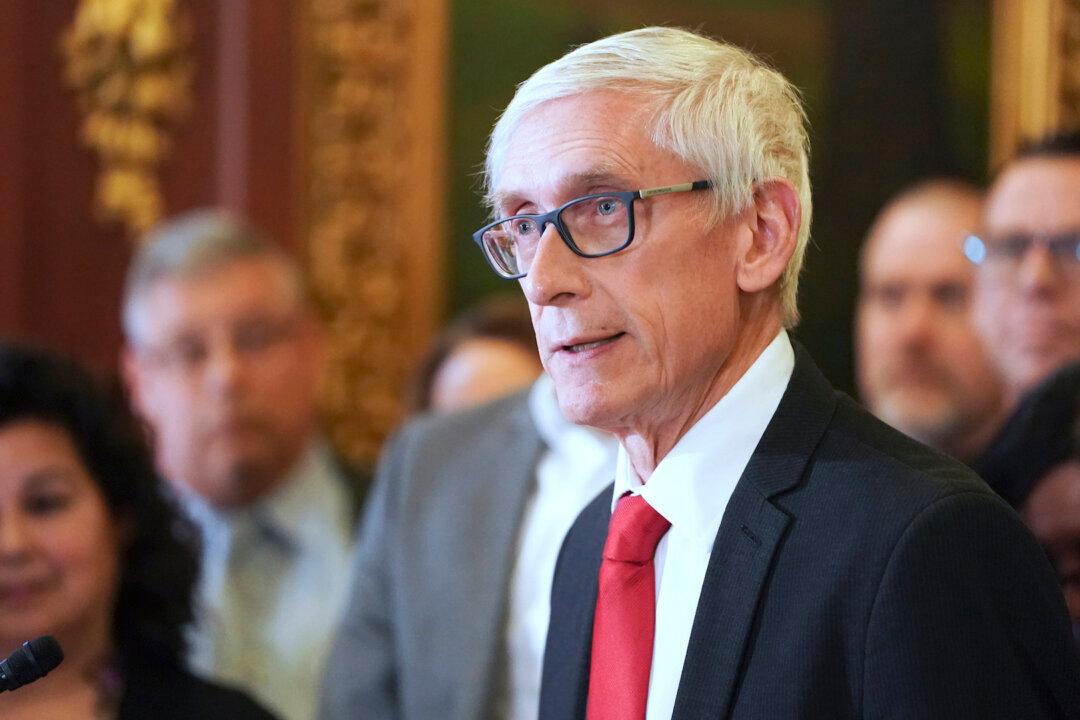MADISON, Wis.—Voters in Wisconsin will face a choice Tuesday of participating in a presidential primary election or heeding warnings from public health officials to stay away from large crowds during the CCP virus pandemic.
Hours after Democratic Gov. Tony Evers issued an order postponing the election for two months, the conservative-controlled Wisconsin Supreme Court on Monday sided with Republicans who said he didn’t have the authority to reschedule the race on his own. Conservative justices on the U.S. Supreme Court quickly followed with a ruling blocking Democratic efforts to extend absentee voting.





